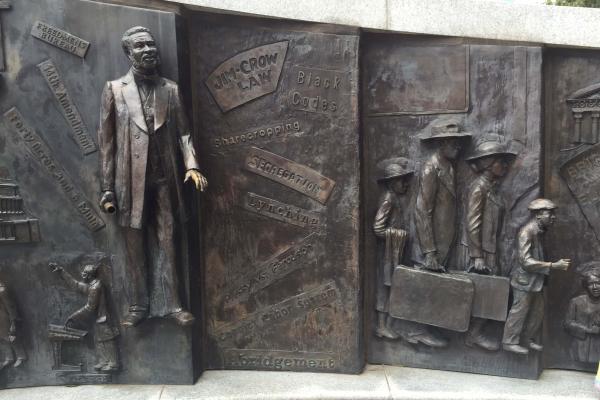Mar 3, 2020
Amid the reality of racism, resistance, and restraint, I witnessed my grandfather commit his life to bettering the place he’s always known as home. The servant leadership of my paternal grandparents highlights my family’s legacy in South Carolina.
Read the Full Article

Already a subscriber? Login
